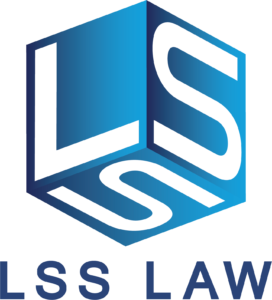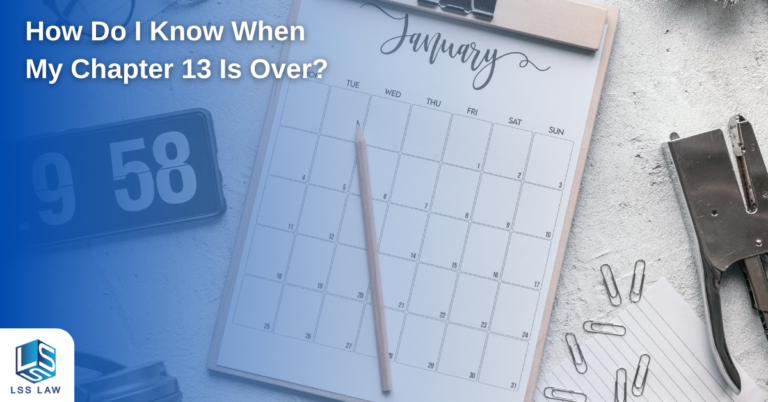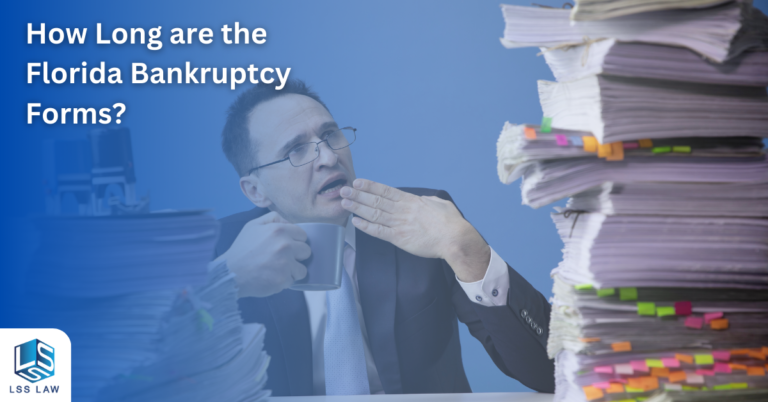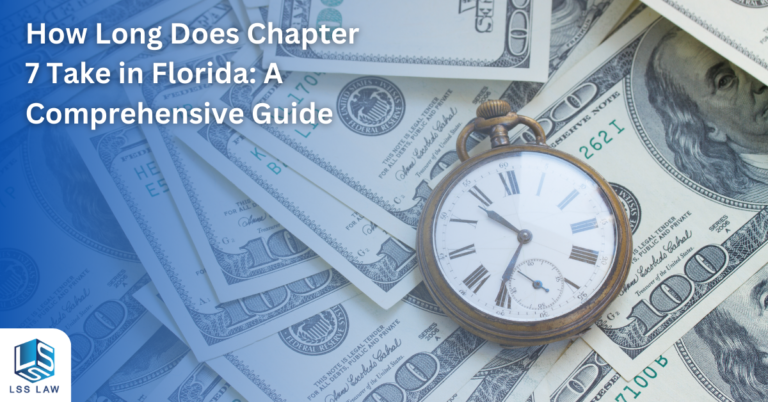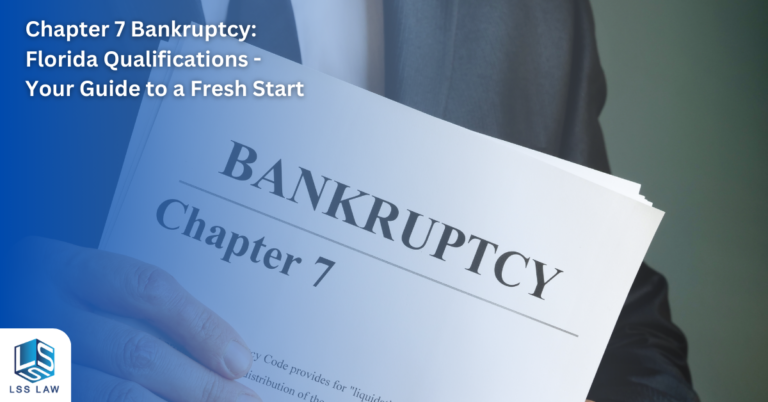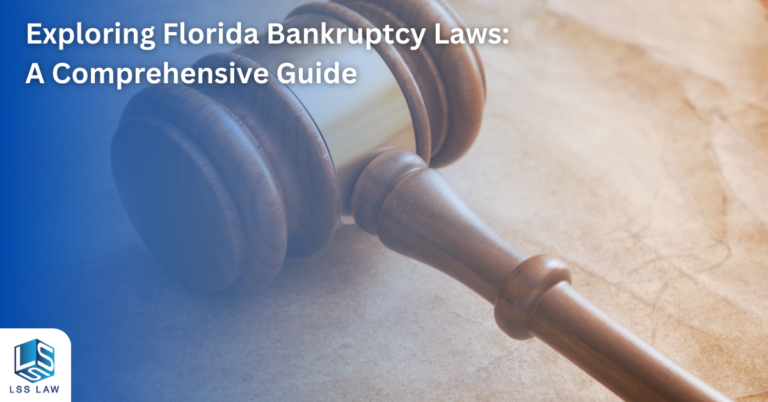Dealing with bankruptcy can be overwhelming and stressful, but it’s important to remember that it’s a financial tool designed to help you regain control of your life. If you’re currently working through a Chapter 13 bankruptcy, you might be wondering, How do I know when my Chapter 13 is over? In this article, we’ll explore the key milestones and indicators that signal the end of your Chapter 13 bankruptcy journey.
How Do I Know When My Chapter 13 Is Over? Understanding the Timeline and Process
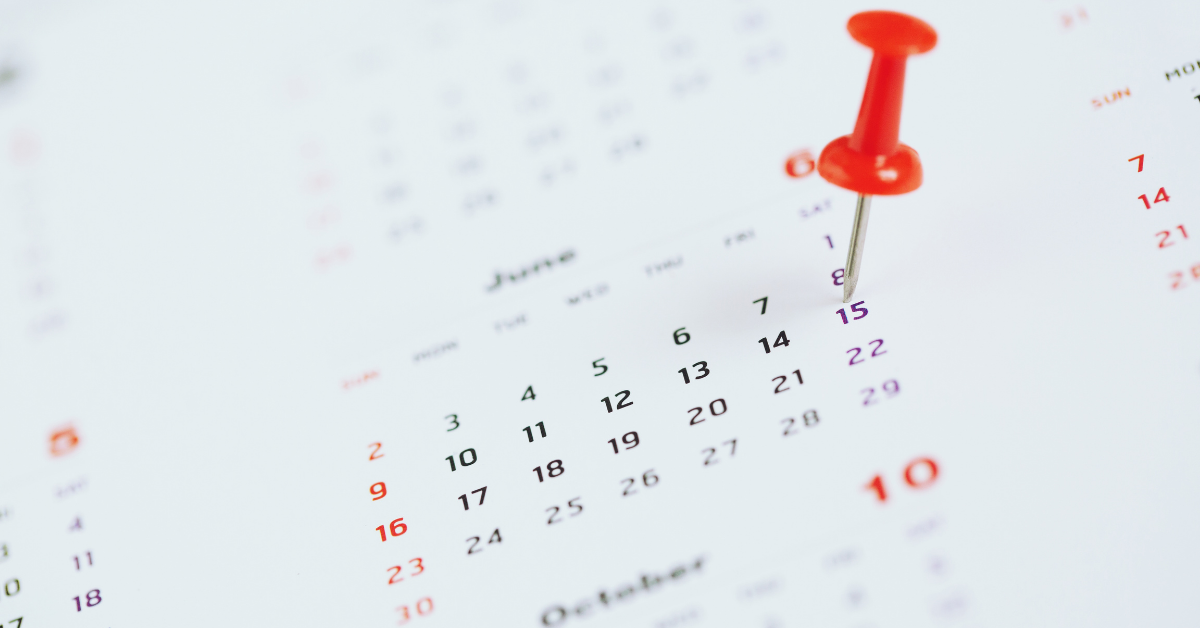
Chapter 13 bankruptcy is a legal process designed to help individuals with regular income create a structured repayment plan to pay off their debts over a period of 3 to 5 years. The duration of your Chapter 13 plan will depend on several factors, including your disposable income and the total amount of your debts.
The Minimum Duration: 36 or 60 Months
A Chapter 13 bankruptcy must run for a minimum of 36 months or until all debts are paid in full. If your applicable commitment period is 60 months, your Chapter 13 bankruptcy must run for a period of 60 months or until all debts are paid in full.
The Court’s Final Decree: The Official End of Your Bankruptcy Case
Your Chapter 13 bankruptcy case officially ends when the court issues a final decree. This is different from the discharge order, which erases qualifying debts but does not close the case. The court can close a case without issuing a discharge if the debtor does something wrong or forgets a step in the process.
Working with the Bankruptcy Trustee Until Case Closure
Throughout your Chapter 13 bankruptcy, you will work closely with a bankruptcy trustee who oversees your case. The trustee will be responsible for distributing your payments to creditors and ensuring that you meet the requirements of your repayment plan. Your case will not be closed until the trustee has completed their duties and the court has issued a final decree.
Signs That Your Chapter 13 Bankruptcy Is Nearing Its End

As you approach the end of your Chapter 13 bankruptcy, there are several indicators that can help you determine when your case is close to being closed.
Completion of Your Repayment Plan
When you successfully complete your repayment plan, this is a major milestone in your Chapter 13 bankruptcy. You will have made all required payments to your creditors according to the terms of your plan, and you will be one step closer to having your case closed.
Submission of Final Paperwork
After completing your repayment plan, you will need to submit final paperwork to the court. This may include documentation showing that you have completed a debtor education course, as well as proof that you have made all required payments to creditors. Once this paperwork is submitted and approved, the court will usually mail a discharge order and final decree, signaling the end of your Chapter 13 bankruptcy.
Meeting of Creditors (341 Meeting)
During your Chapter 13 bankruptcy, you will be required to attend a meeting of creditors, also known as a 341 meeting. This meeting allows your creditors to ask you questions about your financial situation and your repayment plan. Successfully completing this meeting is another sign that your Chapter 13 bankruptcy is progressing towards its conclusion.
Benefits of Chapter 13 Bankruptcy in Florida

Chapter 13 bankruptcy can provide several benefits for individuals in South Florida who are facing financial hardships. Here are some of the most significant advantages of this type of bankruptcy:
Stopping Foreclosure and Catching Up on Mortgage Payments
One of the primary benefits of Chapter 13 bankruptcy is that it can help stop foreclosure proceedings on your home. By filing for Chapter 13, you can create a repayment plan to catch up on missed mortgage payments and prevent the loss of your property.
Protecting Co-Signers and Addressing Co-Owned Property
Chapter 13 bankruptcy can also protect co-signers on certain debts by preventing creditors from pursuing them for repayment. Additionally, if you have co-owned property, Chapter 13 can help you address the debts associated with that property and protect your co-owner’s interests.
Retaining Non-Exempt Assets and Using Florida Exemptions
In a Chapter 13 bankruptcy, you can retain non-exempt assets that might otherwise be liquidated in a Chapter 7 bankruptcy. Florida debtors can also use state-specific exemptions to protect certain property, such as retirement accounts, valuable personal property, and certain income sources.
Improving Your Credit Score After Chapter 13 Bankruptcy
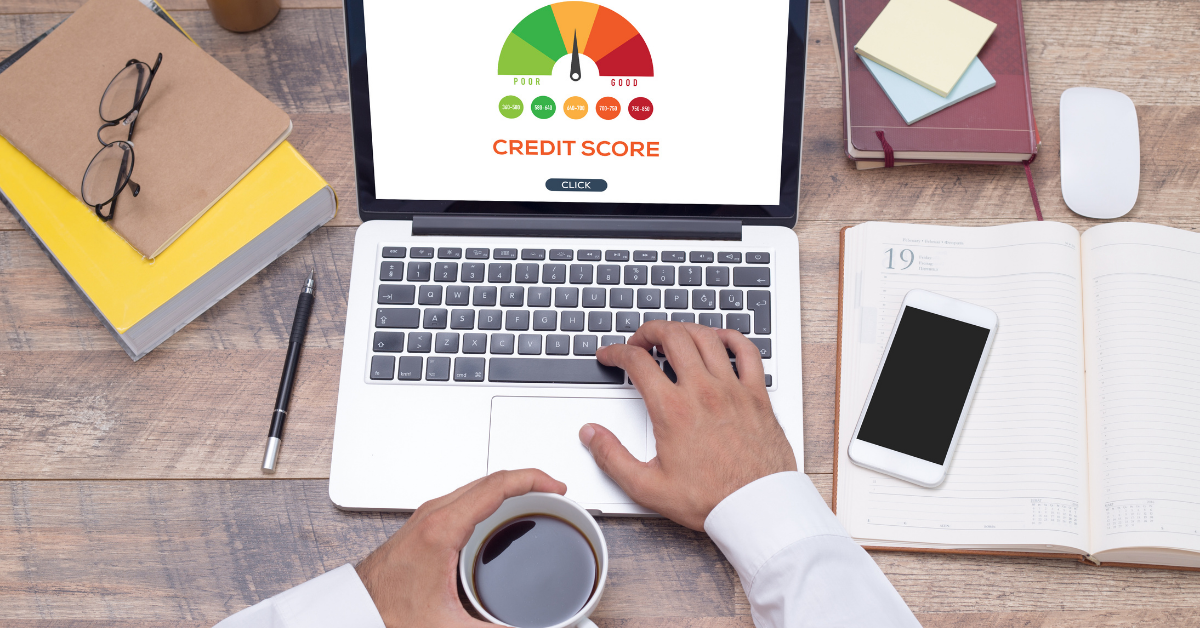
Contrary to popular belief, bankruptcy does not damage your credit score forever. In fact, many individuals see their credit scores improve after filing for bankruptcy, especially if they follow the correct recommendations. Here are some tips for rebuilding your credit after Chapter 13 bankruptcy:
Establishing Good Financial Habits
One of the most important steps to take after bankruptcy is to establish good financial habits. This includes creating and sticking to a budget, paying bills on time, and avoiding unnecessary debt. By demonstrating responsible financial behavior, you can gradually improve your credit score.
Obtaining New Credit Responsibly
While it may be tempting to avoid credit altogether after bankruptcy, it’s essential to obtain new credit responsibly to rebuild your credit score. Start with a secured credit card or a small, manageable loan and make timely payments to demonstrate your ability to handle credit.
Monitoring Your Credit Report
Regularly monitoring your credit report can help you identify any inaccuracies or potential issues that could impact your credit score. Be proactive in addressing any errors or discrepancies to ensure your credit report accurately reflects your financial situation.
Moving Forward with Confidence After Chapter 13 Bankruptcy

Bankruptcy is not the end of the world, but rather a financial tool to help you regain control of your life. By understanding the benefits of Chapter 13 bankruptcy and taking steps to improve your credit score, you can move forward with confidence and work towards a brighter financial future. Remember, our team at LSS Law is committed to helping people just like you remove the financial burden and open the door to new opportunities.
Utilizing Chapter 13 Bankruptcy to Remove a Second Mortgage or Home Equity Loan
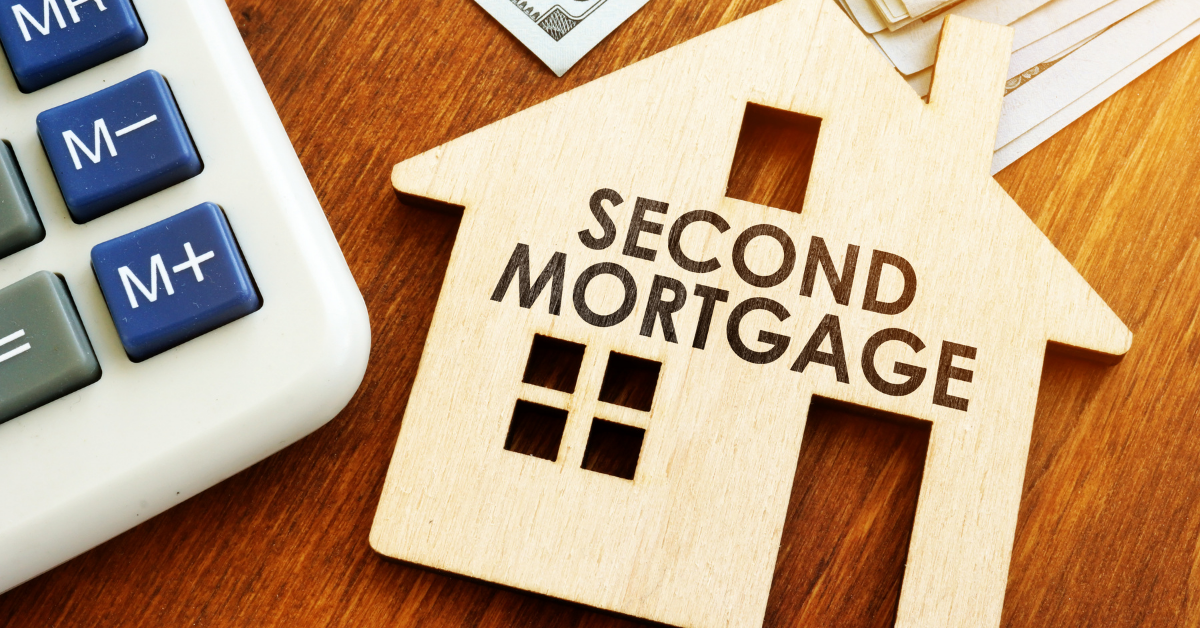
In some cases, Chapter 13 bankruptcy can help you remove a second mortgage or home equity loan from your property. This process, known as lien stripping, can be beneficial if your home’s value has decreased and you owe more on your mortgages than your home is worth.
Lien Stripping in Chapter 13 Bankruptcy
Lien stripping is a process that allows you to remove a second mortgage or home equity loan if your home’s value is less than the balance of your first mortgage. By stripping the lien, you can treat the second mortgage or home equity loan as an unsecured debt in your Chapter 13 repayment plan, which may result in a partial payment or discharge of the debt.
Qualifying for Lien Stripping
To qualify for lien stripping in a Chapter 13 bankruptcy, you must meet certain criteria. First, your home’s value must be less than the balance of your first mortgage. Second, you must complete your Chapter 13 repayment plan successfully. If you meet these requirements, lien stripping can provide significant relief by removing the burden of a second mortgage or home equity loan from your property.
Consolidating Debts and Simplifying Payments in Chapter 13 Bankruptcy
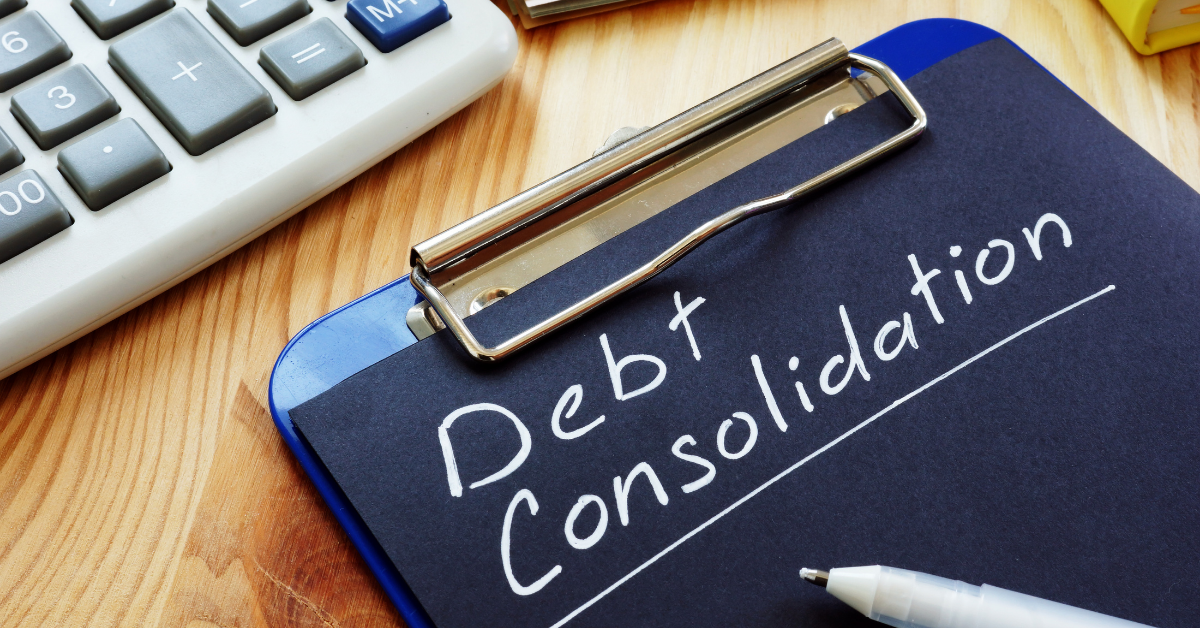
Chapter 13 bankruptcy can help individuals struggling with multiple debts by consolidating them into a single, manageable monthly payment. This can simplify the debt repayment process and make it easier to stay on track with your financial goals.
Combining Debts into a Single Repayment Plan
In a Chapter 13 bankruptcy, all of your eligible debts are combined into a single repayment plan, which is then approved by the court. This plan takes into account your disposable income and the value of your non-exempt assets, and it outlines a schedule for repaying your debts over a period of 3 to 5 years.
Streamlining Your Financial Life
By consolidating your debts into a single repayment plan, Chapter 13 bankruptcy can help you streamline your financial life and reduce the stress associated with juggling multiple debt payments. This simplified approach can make it easier to stay on top of your financial obligations and work towards a brighter financial future.
Frequently Asked Questions About How Do I Know When My Chapter 13 Is Over
Navigating the Chapter 13 bankruptcy process can be complex and confusing. To help you better understand the process and what to expect, we’ve compiled a list of frequently asked questions and expert answers.
How long does a Chapter 13 bankruptcy typically last?
A Chapter 13 bankruptcy typically lasts for either 36 or 60 months, depending on your disposable income and the specific details of your case. The repayment plan must run for a minimum of 36 months or until all debts are paid in full.
What happens if I can’t complete my Chapter 13 repayment plan?
If you’re unable to complete your Chapter 13 repayment plan due to a change in your financial situation, you may be able to modify your plan or convert your case to a Chapter 7 bankruptcy. It’s essential to communicate with your bankruptcy trustee and attorney if you’re struggling to make your plan payments.
When is my Chapter 13 bankruptcy case officially closed?
Your Chapter 13 bankruptcy case is officially closed when the court issues a final decree. This usually occurs after you’ve completed your repayment plan, submitted your final paperwork, and received a bankruptcy discharge order.
Can I keep my business running during Chapter 13 bankruptcy?
Yes, self-employed individuals and small business owners can continue running their businesses during Chapter 13 bankruptcy. This allows you to keep your business assets and continue generating income while addressing your personal debts through the bankruptcy process.
How can I improve my credit score after Chapter 13 bankruptcy?
To improve your credit score after Chapter 13 bankruptcy, focus on establishing good financial habits, obtaining new credit responsibly, and regularly monitoring your credit report. Over time, your credit score can improve as you demonstrate financial responsibility and effectively manage your debts.
What is a cramdown in Chapter 13 bankruptcy?
A cramdown in Chapter 13 bankruptcy allows you to reduce the principal balance on certain secured debts, such as car loans or mortgages on investment properties. This can help you save money and make your repayment plan more manageable.
Contact Us to Learn More About Navigating Chapter 13 Bankruptcy
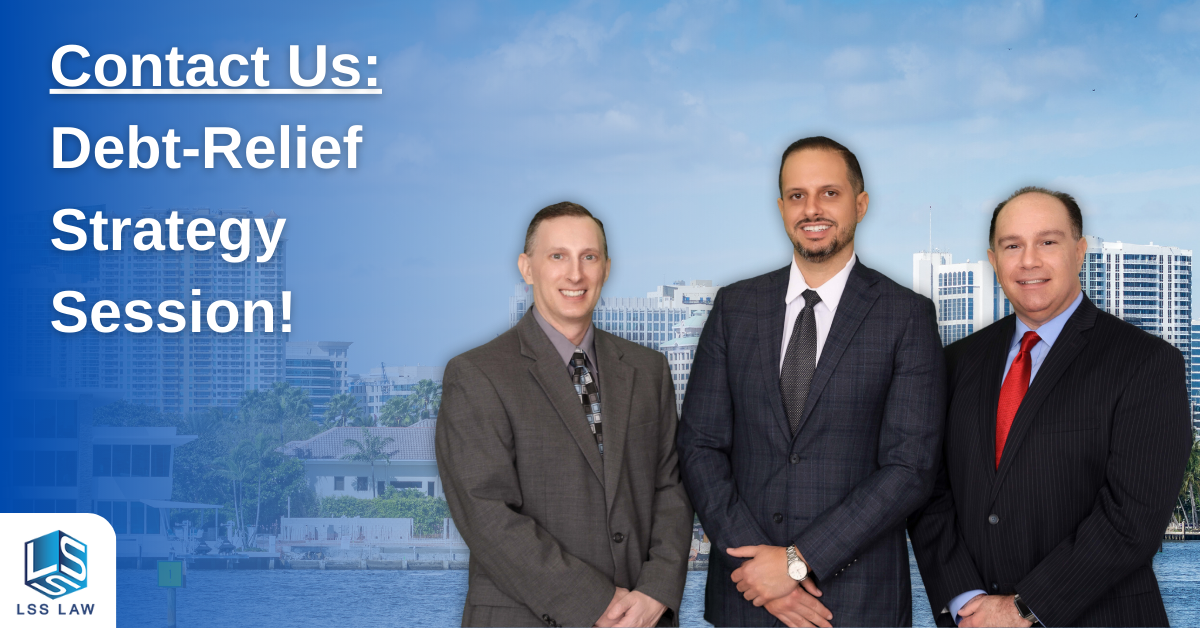
If you’re considering Chapter 13 bankruptcy or have questions about the process, we’re here to help. Our experienced bankruptcy attorneys at LSS Law can provide guidance and support throughout your journey towards financial freedom. To schedule a no-cost Bankruptcy Strategy Session for Chapter 7 and 13, call us at 954-466-0541 or contact us online. Let us help you remove the financial monkey from your back and open the door to a brighter future.
